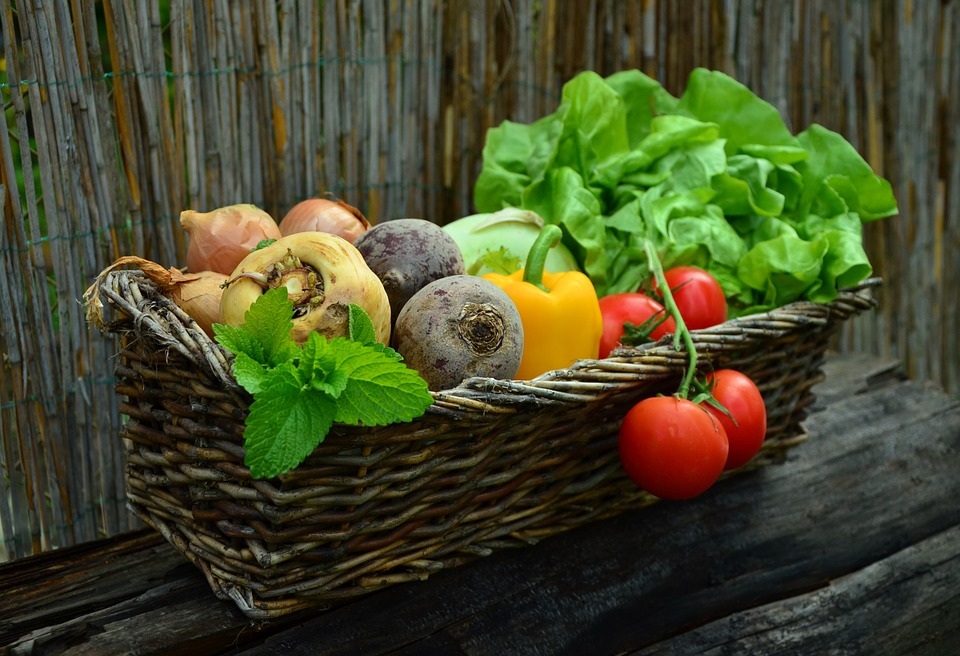
Magnesium: It’s What (Should Be) For Dinner
It happens every year like clockwork: we get into December and just about every website publishes some sort of “Top [insert thing here] of [year]” list. Often these are purely for fun – we all like seeing which movies did the best and which fashion trends came and went. Recently, though, a different kind of year-end list caught our eye. Over on Business Insider, Hillary Brueck published a piece called “Nutrition myths that we stopped believing in 2019, including the carnivore diet and ‘superfoods'”.
Among the myths busted in the article, was the one that said that supplements and breaking down food into its individual nutritional pieces were pretty much the same thing as eating foods whole. Obviously nobody is going to argue that, for example, eating a bunch of junk and then taking a multivitamin is just as good as eating whole and nutritionally balanced meals. At the same time, though, for many people getting enough of the vitamins and minerals they need can only be accomplished via supplements.
For example, let’s take a look at magnesium. Magnesium is an incredibly important component of a person’s overall health. According to the National Institutes of Health, magnesium is a “cofactor” in upwards of 300 of our bodily systems. Among those systems, magnesium is necessary for our nervous system’s health, the regulation of our blood pressure, our bones’ structural health, and is required for our body’s DNA and RNA synthesis. All of that is pretty important, wouldn’t you think?
In order for our body to maintain these (and more) systems, the average adult needs to consume between 310-420mg of magnesium every day. The average banana, for comparison, contains only 33mg of magnesium. A cup of sunflower seeds or almonds will get you over the finish line, but who wants to eat an entire cup of sunflower seeds or almonds every day? For that matter, who can afford to eat an entire cup of sunflower seeds or almonds every day. Those foods aren’t exactly cheap, even when you buy them in bulk. For people who aren’t flush with cash, getting enough magnesium naturally can be really hard.
This is why it is important that we not count out supplements. Magnesium powder, for example, can be stirred into your nightly glass of water and help you make up the difference between the amount of magnesium you’ve been able to consume natural and the amount your body needs to function correctly. If drinking magnesium supplements isn’t for you, then don’t worry as there are plenty of other options out there such as this magnesium spray that is designed to be absorbed by the skin.
Another supplement we depend on (because it’s hard to get the required amount via whole foods and natural means) is Vitamin D.
The best way to get Vitamin D is by exposing yourself to sunlight. Sunlight has a lot of Vitamin D. Unfortunately, too much exposure to natural sunlight puts you at risk for a bunch of other problems, not the least of which is cancer. Vitamin D is also contained in dairy products, fish, and orange juice, but you have to consume a lot of these foods–which can be difficult for vegans – in order to get the amount of Vitamin D your body needs for proper functioning. This is why – especially during the winter months when, thanks to your work-schedule you could go days without having any exposure to natural sunlight at all, taking supplements and looking for foods that have been synthetically fortified with the vitamin are your best bet.
Obviously, all of this is dependent upon who you are as an individual person. Each person’s needs vary depending on their age, gender, medical history, location, etc. If you’re concerned about getting the right amount of vitamins and nutrients you should check with your doctor before you go crazy in the supplement aisle.
At the same time, though, just because whole foods are best for you, that doesn’t mean they are your only option for proper nutrition. Just because supplements aren’t as awesome as whole foods doesn’t mean they should be counted out entirely! They could even save your life (but, like we said, check with your doctor first)!
- Fabulous Baby Shower Ideas to Try Soon - May 16, 2023
- Raw Manuka Honey Auckland New Zealand - March 10, 2023
- Discovering The Best Manuka Honey In Auckland: A Guide To Buying The Real Deal - March 10, 2023


